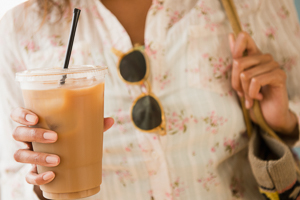Comparing Artificial Sweeteners
Overview

What are artificial sweeteners?
Artificial sweeteners can be used instead of sugar to sweeten foods and drinks. They are also found in many foods sold in grocery stores. These sweeteners, also called sugar substitutes, are made from chemicals and natural substances.
The most common sugar substitutes are:
- Aspartame (Equal, NutraSweet). It's mostly used to sweeten diet soft drinks.
- Saccharin (Sugar Twin, Sweet'N Low). It's used in many diet foods and drinks.
- Sucralose (Splenda). It's in many diet foods and drinks.
- Acesulfame K (Sunett). It's often combined with saccharin in diet soft drinks.
- Stevia (PureVia, SweetLeaf, Truvia). Stevia is made from a plant and is used in foods and drinks.
Many people use sugar substitutes as a way to limit how much sugar they eat.
Artificial sweeteners provide no energy, so they won't affect your blood sugar. If you have diabetes, these substitutes are generally safe to use.
What are sugar alcohols?
Sugar alcohols are a type of sweetener. They are used in foods labeled "sugar-free" or "no sugar added."
Common names for sugar alcohols are erythritol, glycerol, isomalt, lactitol, maltitol, mannitol, sorbitol, xylitol, and hydrogenated starch hydrolysates (HSH).
Even though a food is "sugar-free," it still has carbohydrate and calories.
If you have diabetes, read food labels closely. Look for the amount of carbs in each serving of food that has sugar alcohol. Sugar alcohols don't cause sudden spikes in blood sugar. But they do have some effect on it.
Credits
Current as of: October 7, 2025
Current as of: October 7, 2025